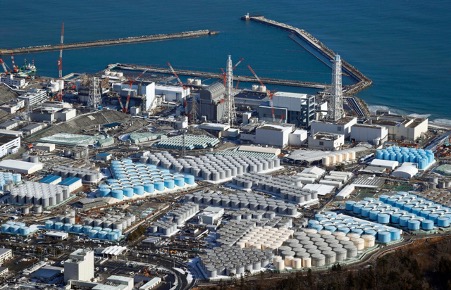Japan’s plan to release more than a million tons of water from the Fukushima plant, starting on Thursday, has sparked concerns both domestically and internationally. While the move has been approved by the United Nations nuclear watchdog, it faces opposition from various quarters. Hong Kong’s leader expressed strong opposition to Japan’s decision, echoing concerns about potential risks to food safety. China has also lodged a formal complaint with the Japanese government, with a foreign ministry spokesperson branding the move “extremely selfish.”
Tokyo’s proposal involves discharging 1.32 million metric tonnes of treated radioactive water, a volume equivalent to that of 500 Olympic swimming pools, into the ocean gradually over a span of 30 years. This has raised apprehensions regarding the potential enduring impacts on the marine ecosystem and food chain.
Import Ban Details
Effective from Aug, 24th, Hong Kong’s import ban covers a range of aquatic products originating from specific Japanese regions. These regions include Tokyo, Fukushima, Chiba, Tochigi, Ibaraki, Gunma, Miyagi, Niigata, Nagano, and Saitama. The government has not specified a duration for the ban, indicating that its duration will depend on data and information received from Japan after the water discharge.
However, it’s important to note that seafood imports from 13 other Japanese regions will continue to be allowed. The ban encompasses various forms of aquatic products, such as live, frozen, refrigerated, and dried seafood, as well as sea salt and seaweed.
Impact on Trade
Hong Kong is a significant market for Japanese agricultural and fisheries exports, ranking as Japan’s second-largest market after mainland China. In the previous year, Hong Kong imported Japanese seafood worth 75.5 billion yen (approximately $519.54 million), according to Japanese data.
The measures taken by Hong Kong reflect global concerns surrounding Japan’s decision to release Fukushima’s treated radioactive water into the sea. As the situation unfolds, Hong Kong remains committed to safeguarding its citizens’ health and maintaining food safety standards in seafood imports from Japan.

